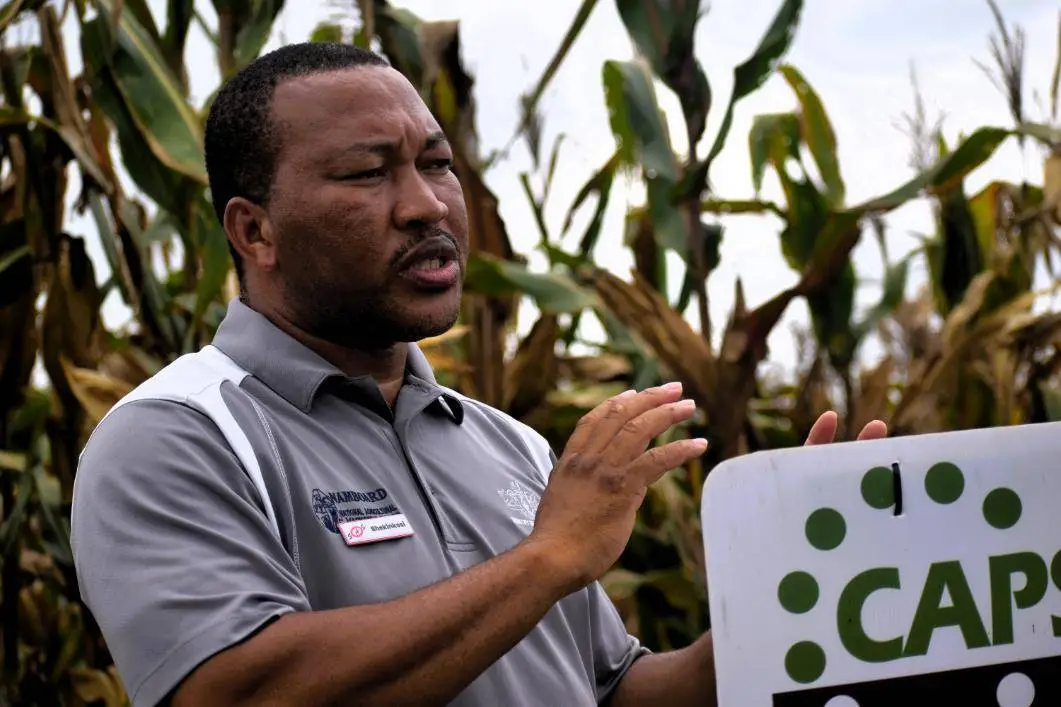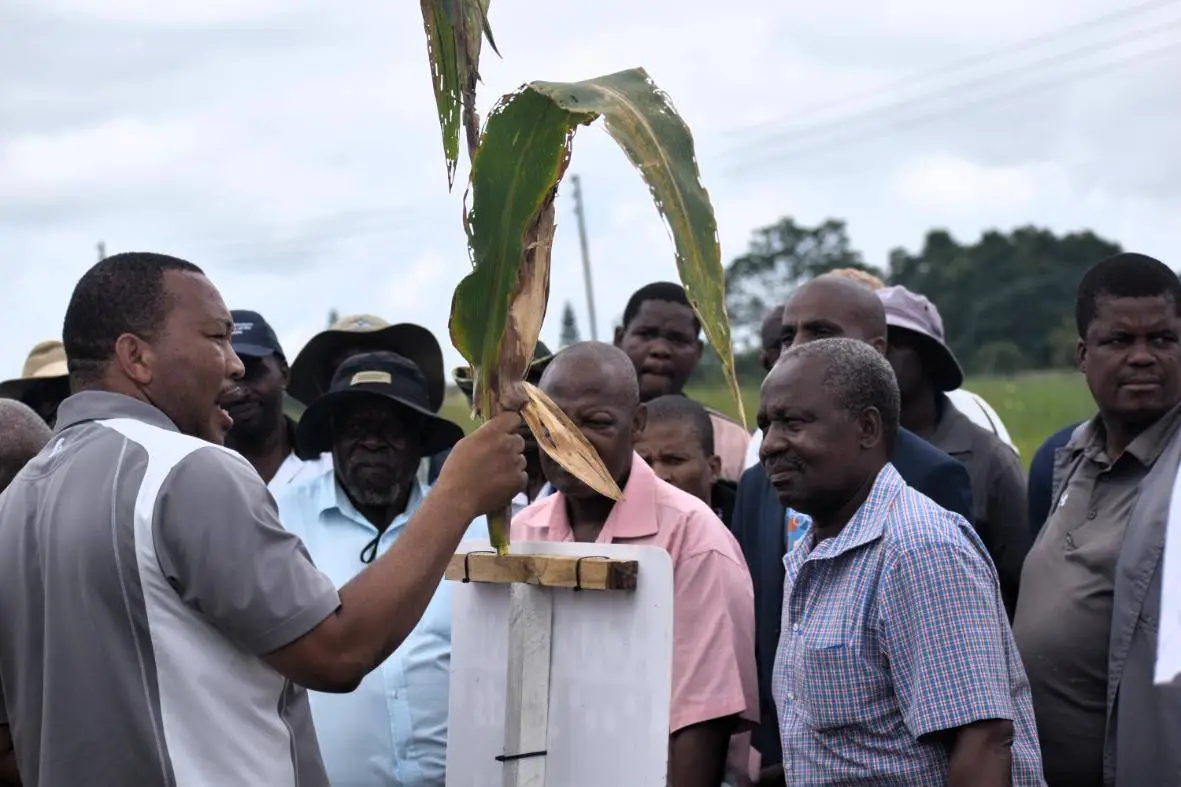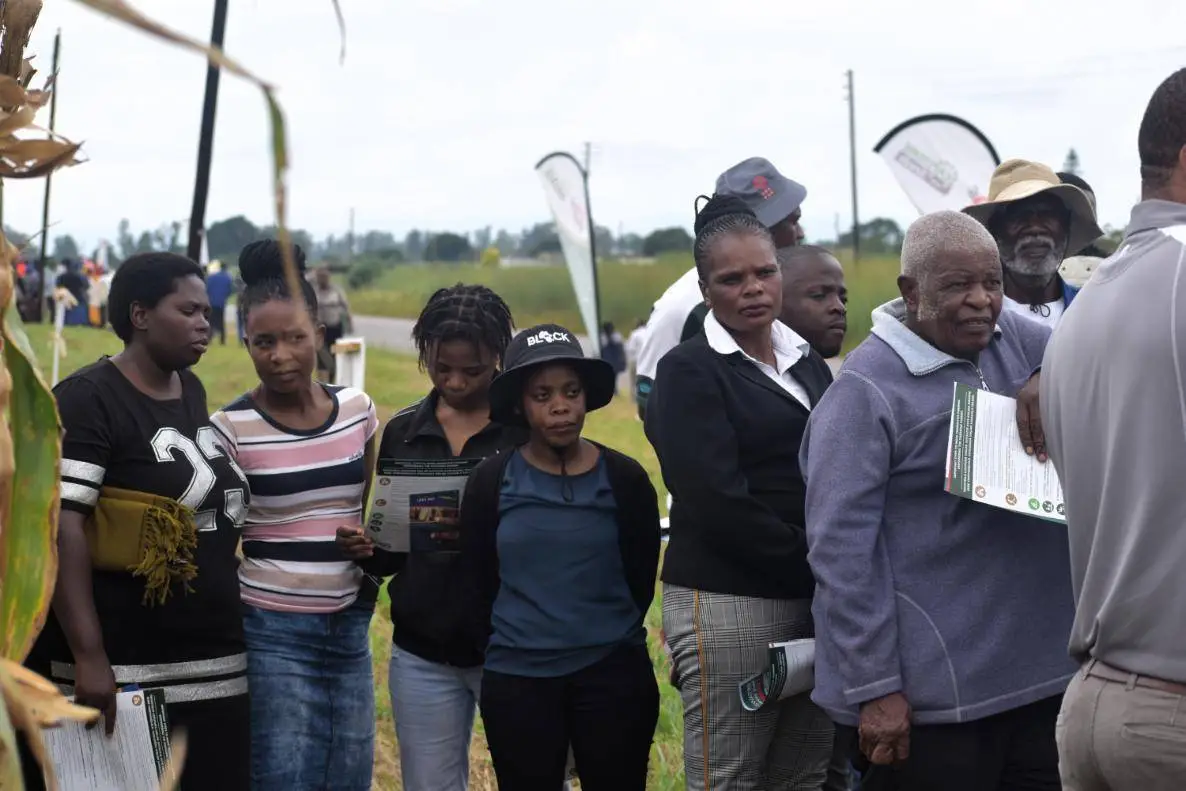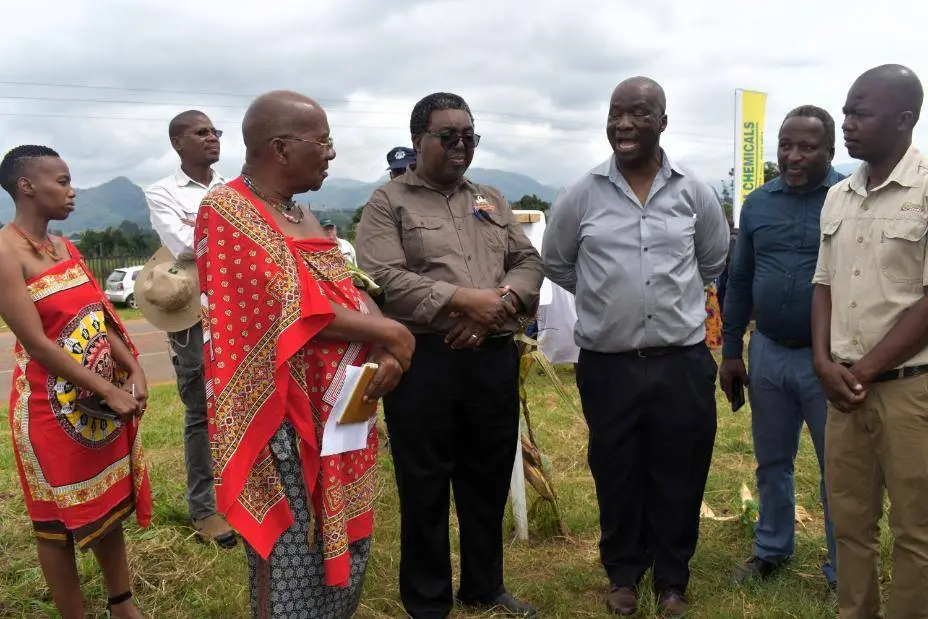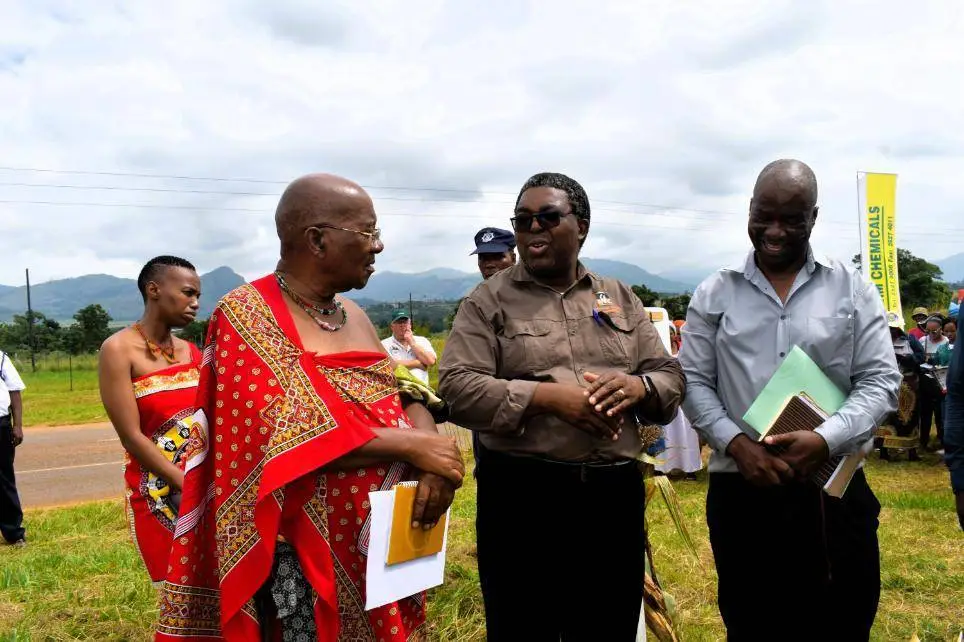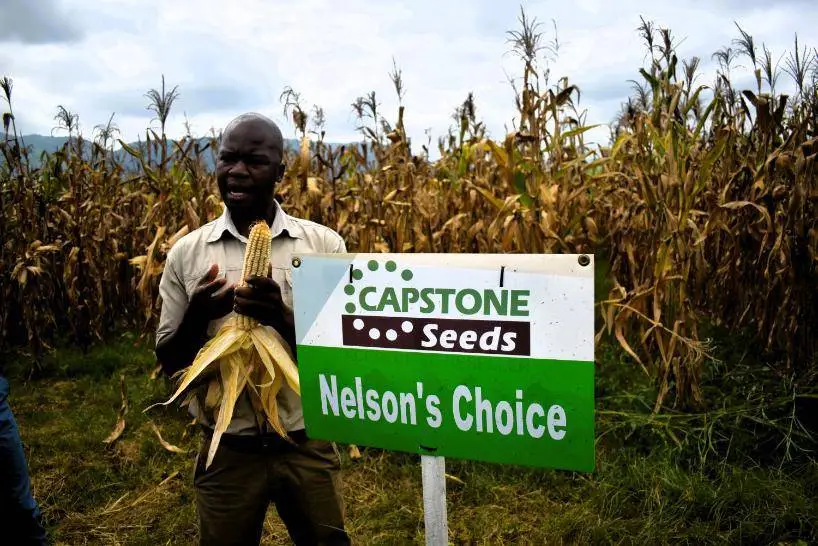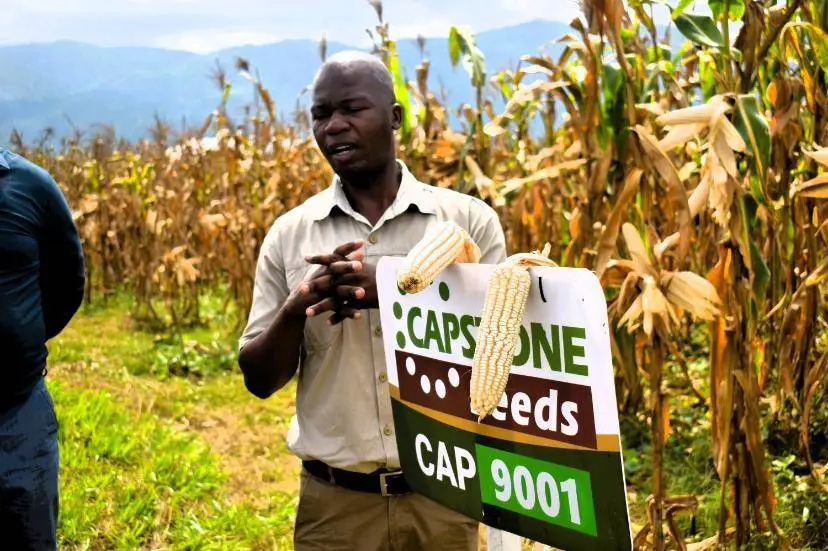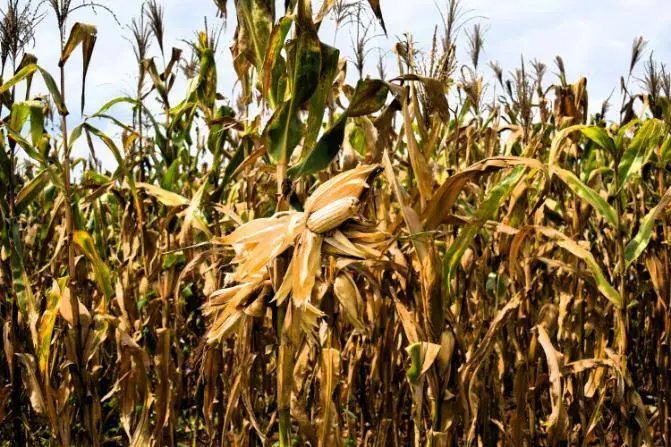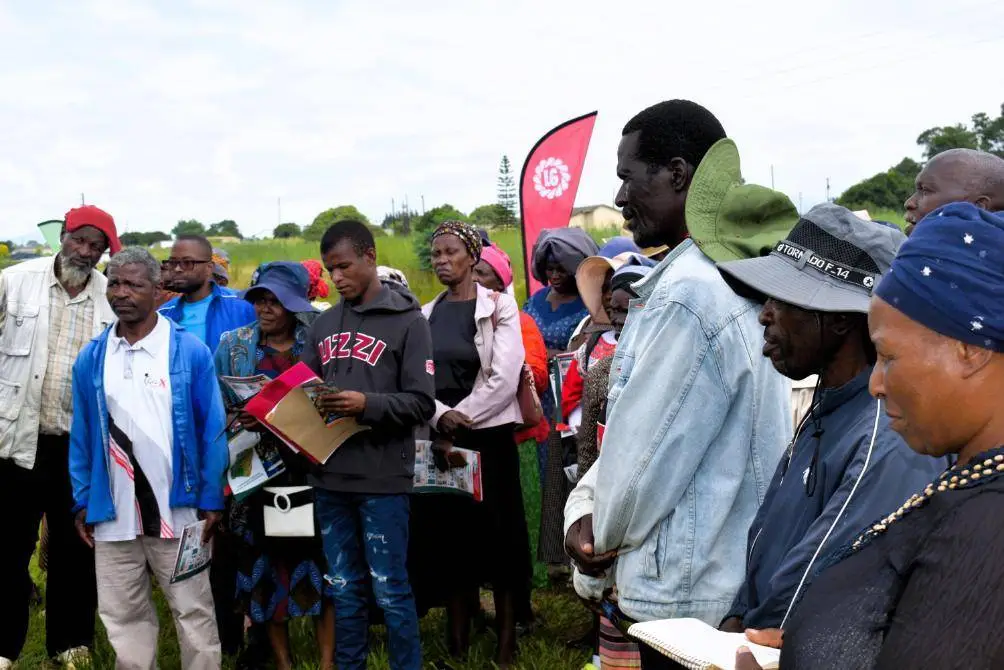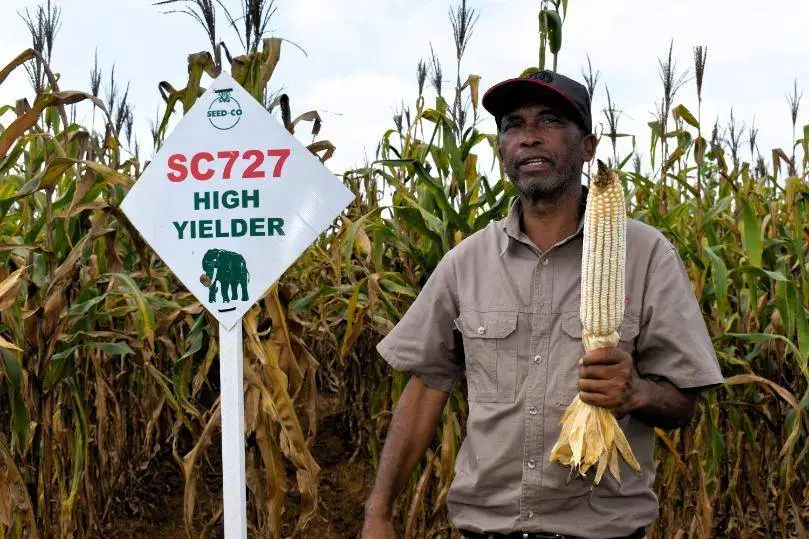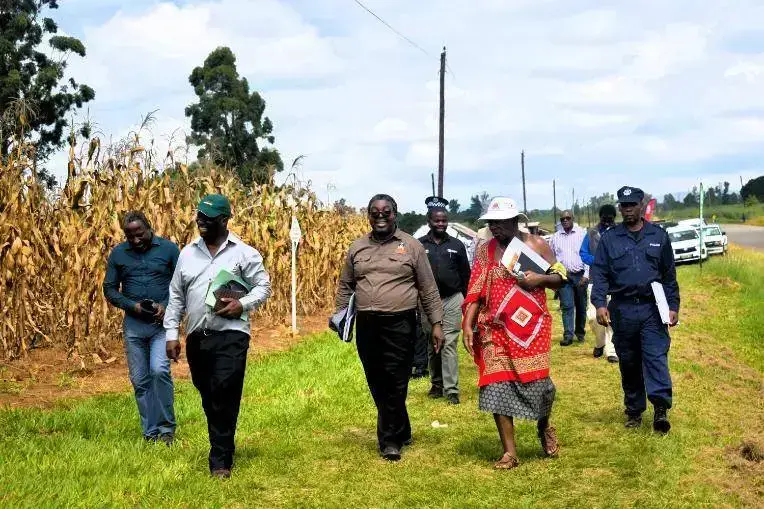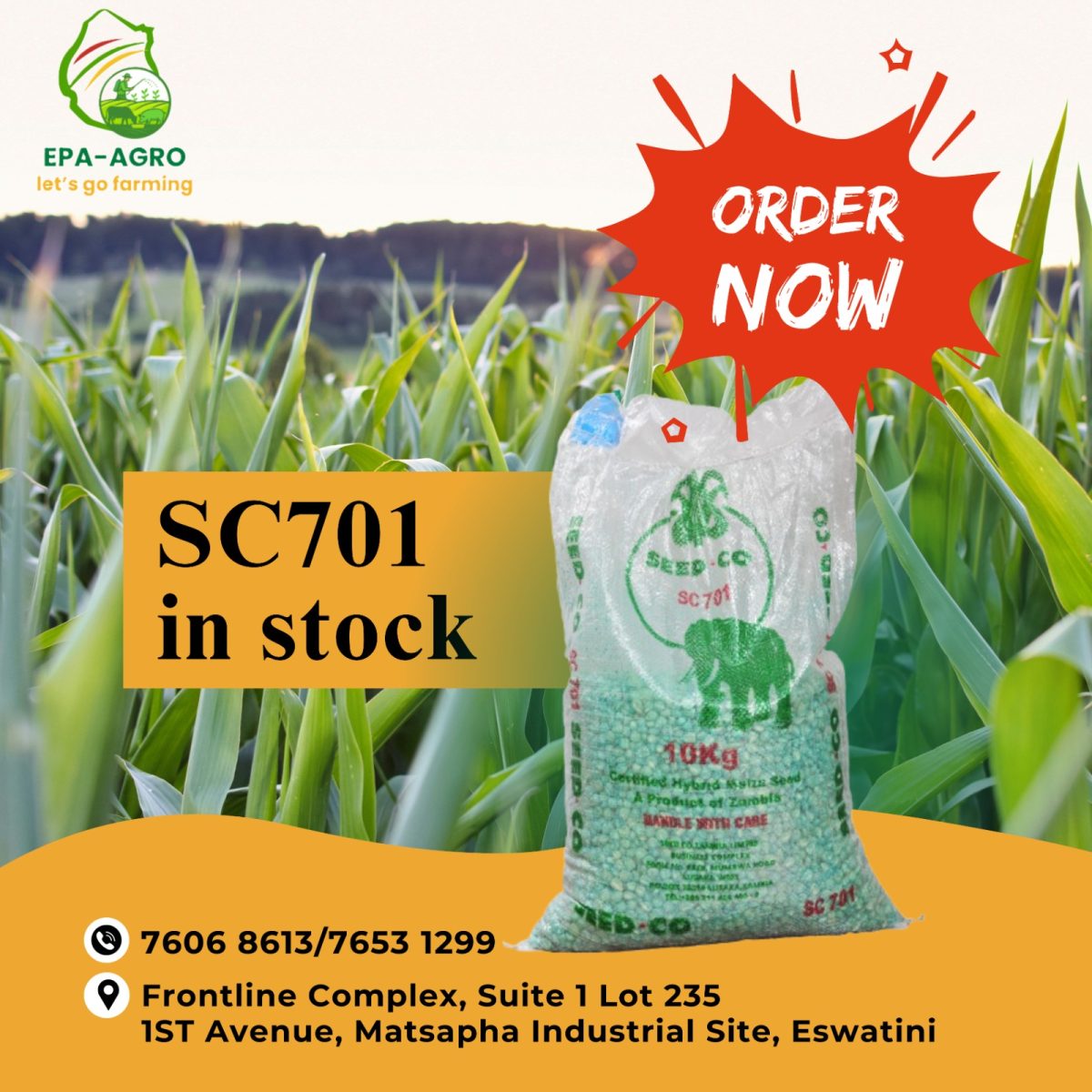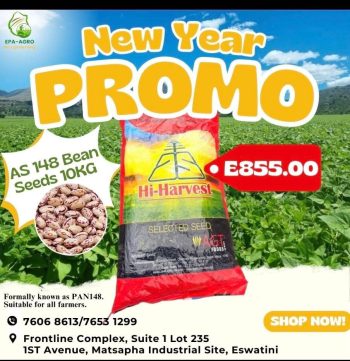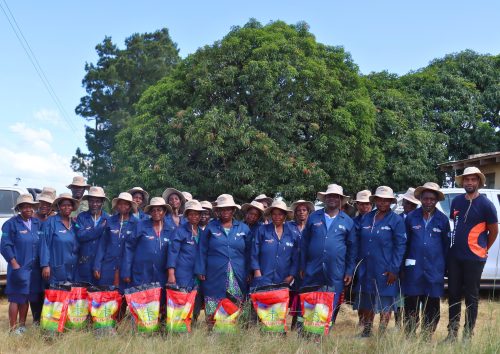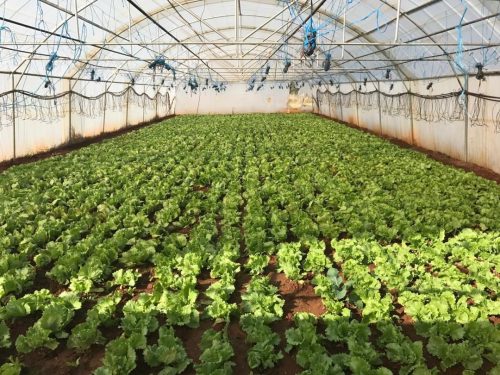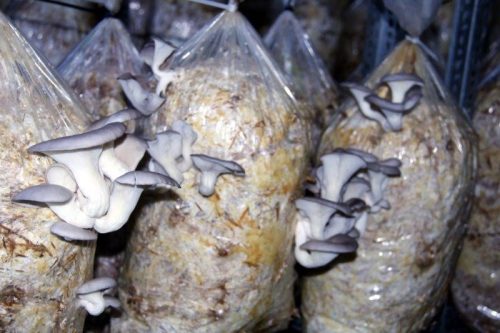BY SIKHULILE DLAMINI
Mahlanya – Over 600 farmers from across Eswatini gathered at Mahlanya, Lobamba Lomdzala Inkhundla, on March 26, 2025, for the National Maize Seed Variety Field Day — a celebration of agricultural innovation aimed at helping farmers select the most suitable maize seed varieties for different climatic conditions.
The event brought together farmers, researchers, and industry leaders to witness firsthand how different maize seed varieties perform under local farming conditions. With the ever-growing demand for food security and climate resilience, the field day marked a crucial step in guiding farmers toward high-performing seeds that promise improved yields and better adaptability.
It underscored a critical truth in Eswatini’s agricultural transformation: the future of food security doesn’t lie in expanding the 72,000 hectares already planted with maize — it lies in increasing yield per hectare. Experts note that achieving this could enable the country to meet its maize consumption needs three times over and position Eswatini to export surplus maize to neighboring markets.
Government Calls for Improved Seed Selection
Hosted by the Ministry of Agriculture, the field day provided farmers with a firsthand experience of various maize seed options, offering insights into their performance in local environments. Farmers who were randomly selected, registered through their respective chiefdoms and were transported to Mahlanya Farm, where they participated in guided tours showcasing different seed varieties.
Speaking on behalf of the Minister of Agriculture, Principal Secretary Sydney Simelane highlighted the significance of the event, stating that while it had been long overdue, challenges such as climate change and the African armyworm (umgundzatshani) outbreak had previously delayed its execution. He emphasized that seed selection plays a pivotal role in boosting agricultural productivity and attaining national food sovereignty.
“This event is not only about showcasing different seed varieties but also about empowering farmers to enhance productivity,” Simelane said. “We are confident that farmers have seen the potential for improved yields and will now make more informed decisions based on their specific regional conditions.”
Farmers Gain Insights on High-Performance Maize Varieties
Several leading seed companies, including SeedCo and Capstone Seeds, participated in the event, demonstrating different maize seed options suited for varied farming needs. Farmers were introduced to high-yield hybrid seeds, early maturing varieties, and drought-resistant options.
Among the highlighted maize varieties was Nelson’s Choice, a traditional quality protein maize that matures in 125 days. This variety is known for its tolerance to Grey Leaf Spot, moderate resistance to Maize Streak Virus, and its ability to produce hard, pure white grain. It is also valued for its excellent green mealie quality, making it a strong option for emerging farmers.
Another variety showcased was CAP341 NG, commonly referred to as Shesha due to its early to medium maturity. This variety yields approximately 8 metric tonnes per hectare, making it suitable for regions with low rainfall. It is ideal for home consumption, both as a green mealie and for mealie meal porridge.
Farmers were also introduced to CAP 9001, a hybrid maize seed capable of producing 9 to 11 tonnes per hectare under dry conditions. This variety is particularly beneficial for animal farmers, as it can be used in animal feed production.
Additionally, seed companies emphasized the importance of early weed control, a crucial factor in maximizing maize yields.
Farmers and Industry Experts Share Optimism
Sipho Dlamini, a representative from SeedCo, expressed optimism about the knowledge farmers had gained. “As seed providers, we are confident that farmers will now make better-informed decisions and invest in the right seeds for their farms,” he said.
Farmers in attendance welcomed the initiative, highlighting how the field demonstrations provided practical insights into seed selection. “Seeing the results of different maize varieties firsthand has given us clarity on which seeds are best suited for our farms,” said Phindile Shabangu, a farmer from Eluvinjelweni area in the Hhohho Region.
Another farmer, Alpheous Motsa, added that he learned the benefits of each seed and now feels empowered to make informed decisions about which seeds to plant and when.
Commitment to Food Security and Agricultural Growth
The event was also attended by Regional Administrator Chief Gija, who encouraged farmers to take advantage of such educational opportunities to combat food insecurity in Eswatini.
The National Maize Seed Variety Field Day reinforced the government’s commitment to enhancing agricultural productivity through knowledge-sharing and access to improved seed technologies. By equipping farmers with the right tools and information, the event played a crucial role in ensuring sustainable food production and long-term resilience in Eswatini’s agricultural sector.



